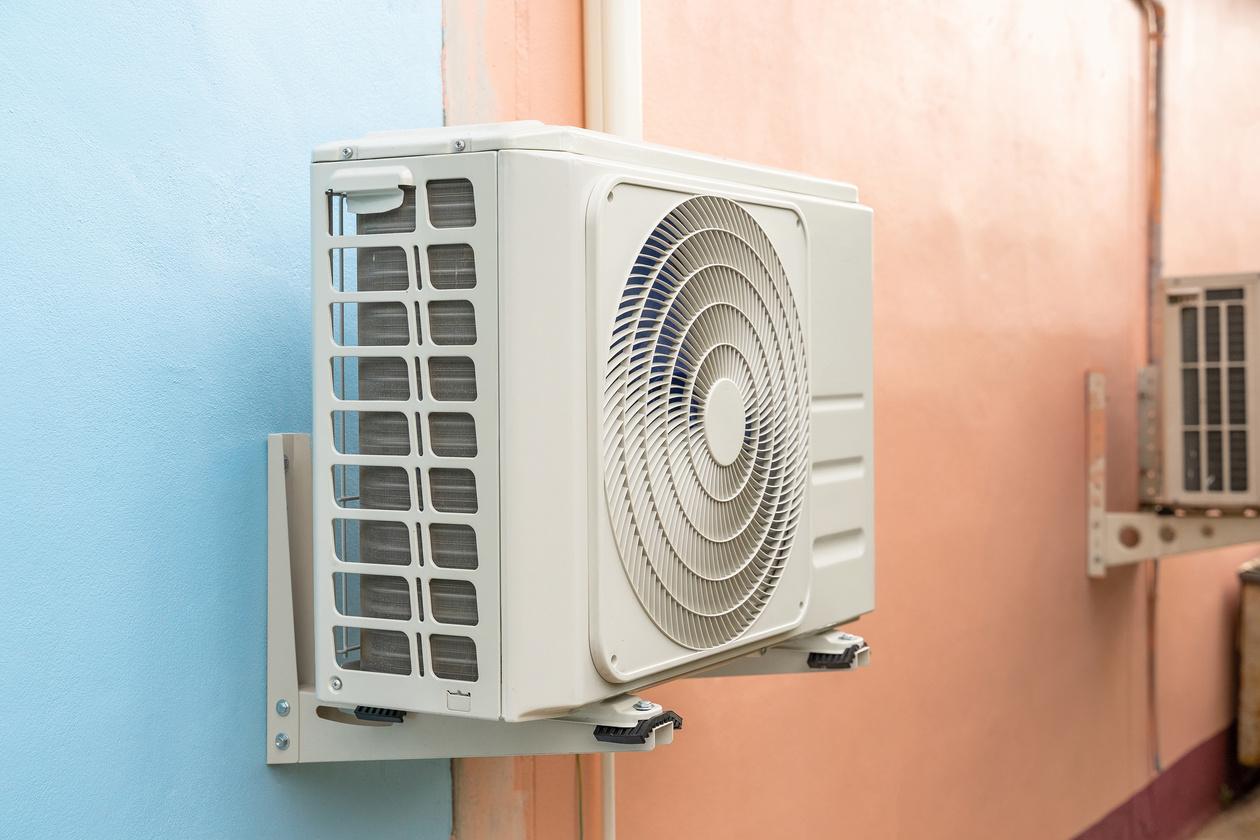






A water cooled condensing unit is an essential component of an HVAC (Heating, Ventilation, and Air Conditioning) system that helps maintain optimal indoor temperatures by removing heat from the air. Unlike air-cooled units, which rely on air as a heat exchange medium, water-cooled units use water to absorb and dissipate heat, making them more efficient and reliable in certain applications
Water-cooled Condensing Units consist of a compressor, condenser, and evaporator, all of which work together to remove heat from the air The compressor compresses the refrigerant, which then flows through the condenser, where it releases heat to the water circulating in a separate loop. The cooled refrigerant then flows through the evaporator, where it absorbs heat from the indoor air, and the process repeats
One of the main advantages of a water-cooled condensing unit is its energy efficiency. Since water has a higher heat capacity than air, it can absorb and dissipate more heat with less energy consumption. Additionally, water-cooled units can be more compact than air-cooled units, making them ideal for installations where space is limited.
Water-cooled condensing units also have lower noise levels than air-cooled units, which can be beneficial in environments where noise pollution is a concern. However, they require a separate water supply and circulation system, which can increase installation and maintenance costs
Overall, water-cooled condensing units are a reliable and efficient option for HVAC systems in certain applications By choosing the right unit and maintaining it properly, building owners and operators can ensure optimal indoor comfort and energy efficiency.
